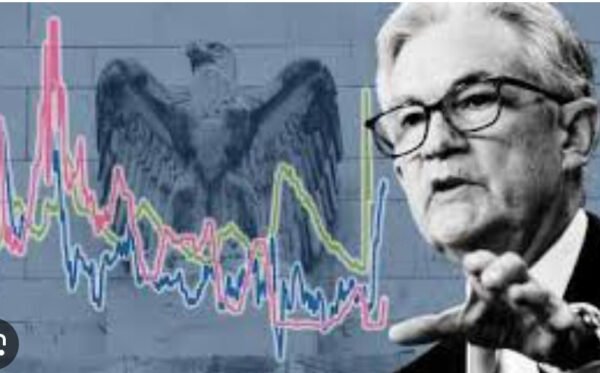#FederalReserve #WallStreet #BankingRegulations #JPMorganChase #JamieDimon #BaselEndgame #FinancialNews #BankCEOs
In a significant move that represents a major victory for Wall Street, the Federal Reserve announced that it plans to ease certain banking regulations. This decision, which is expected to have widespread implications for the financial sector, comes amid sustained lobbying from major banking institutions. JPMorgan Chase CEO Jamie Dimon has been at the forefront of this lobbying effort, leading a chorus of objections from various banking executives who have criticized the strict regulatory environment. These efforts intensified following the proposal of the Basel Endgame regulations last year, which aimed to increase oversight and maintain stricter capital requirements for banks.
The Basel Endgame, named after the global Basel III framework, was designed to shore up the financial system and prevent another crisis like the one experienced in 2008. However, executives argued that the regulations would stifle growth and limit their firms’ ability to lend and invest. Dimon, along with CEOs from other leading financial institutions, argued that the rules were excessively restrictive and could have unintended adverse effects on the economy. They maintained that while regulation is necessary for ensuring financial stability, the proposed rules were overly onerous and could impede economic growth.
The Federal Reserve’s decision to relax these regulations reflects a nuanced balance between maintaining financial stability and fostering an environment conducive to economic dynamism. Observers note that the move is likely intended to provide banks with greater flexibility in their operations, thus enabling more robust lending and investment activities. By scaling back some of the more burdensome requirements, the Fed aims to support broader economic growth without compromising the safety and soundness of the financial system. This approach underscores the central bank’s commitment to recalibrating its regulatory framework to better align with the current economic landscape.
Critics, however, argue that the timing of this regulatory rollback is questionable, especially given the economic uncertainties and rising inflationary pressures. Some analysts fear that loosening the reins on major financial institutions could lead to increased risks in the system. Nevertheless, the regulatory relief has been welcomed by Wall Street, where stock prices surged following the Fed’s announcement. As the financial community digests the implications of this decision, it will be crucial to monitor how these changes impact both the stability of financial institutions and their capacity to contribute to economic growth.







Comments are closed.